The Upstate has experienced boil water advisories before, and it could happen again. Just in case it does, we wanted to share a guide on all the ways to make your water safe to drink when it's not.
There's always a chance that something out of your control can affect the quality of your water — floods, hurricanes, earthquakes, and broken pipes can all render your water undrinkable. In these situations, it is important to listen to local officials, media outlets, and your water company for updates, instructions, and alerts that will keep you from coming into contact with severely tainted water.
If you are under a boil water advisory and the water in your area is declared unsafe, avoid drinking anything other than bottled water or water you have taken the steps to properly purify until it has been officially announced that the water in your area is safe to consume again. But how do you properly purify your water...

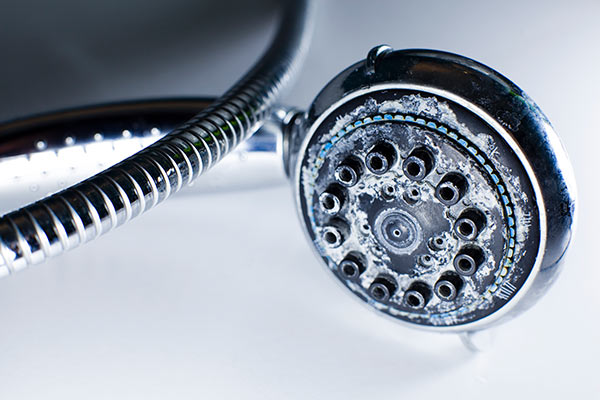
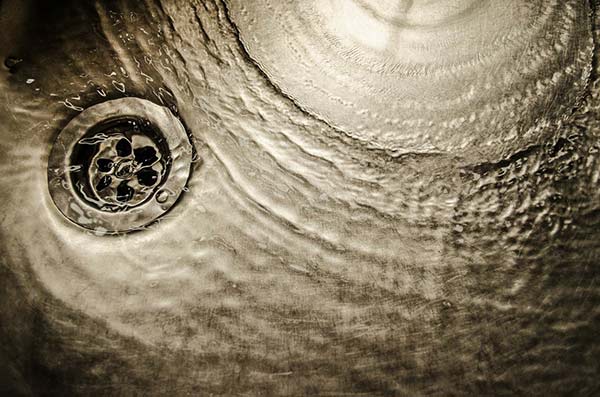
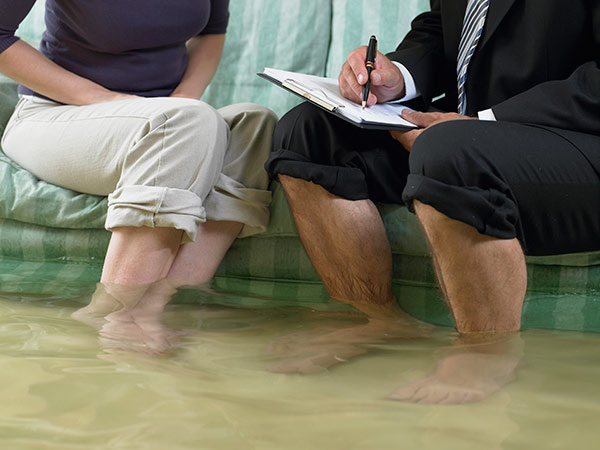
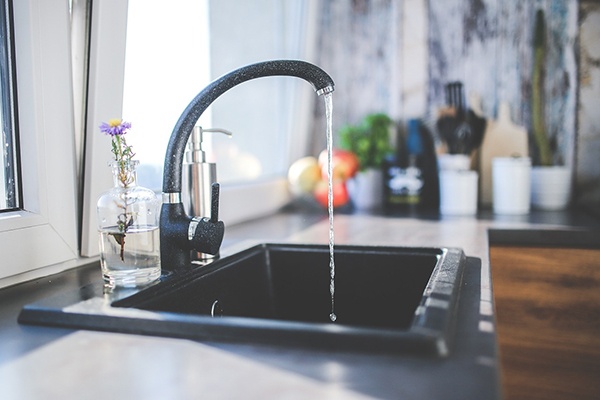
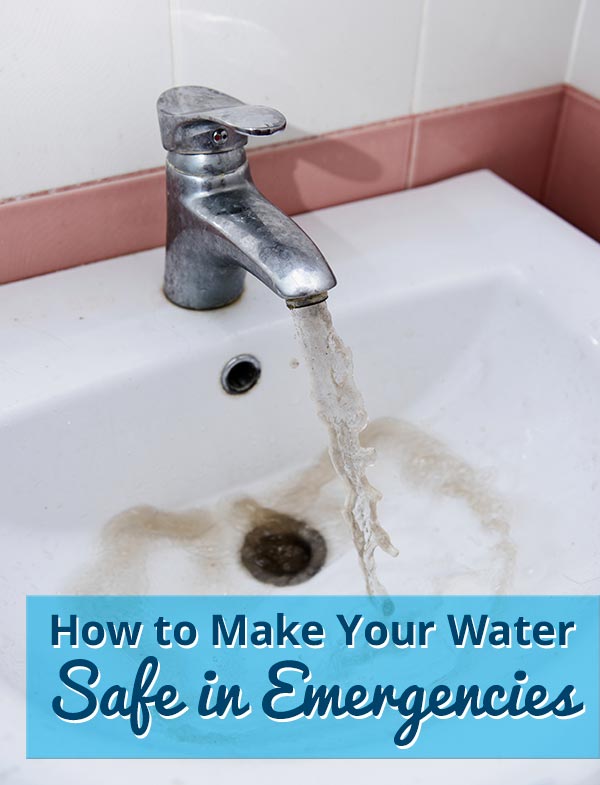
.png)